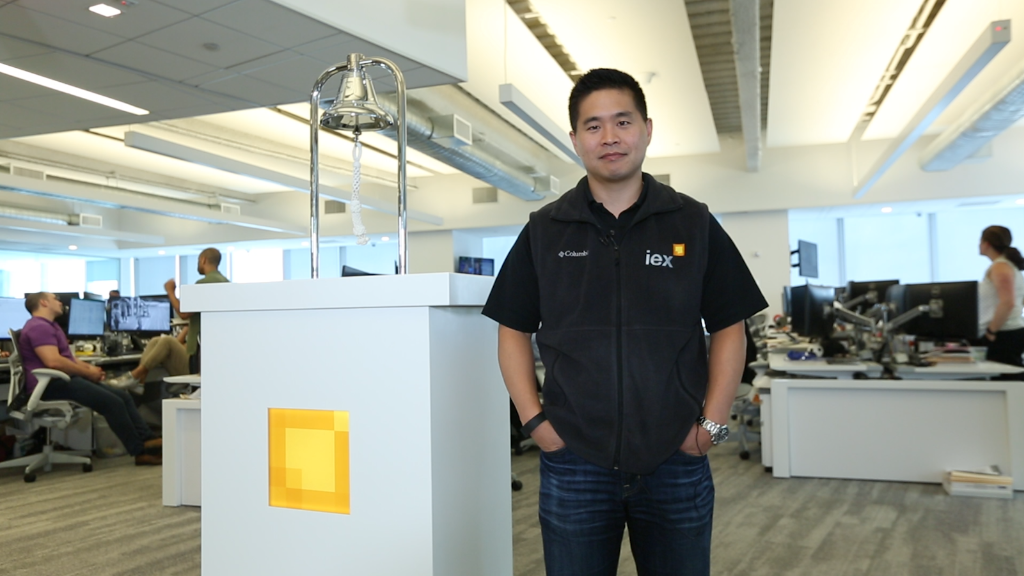
A merger that would have created a huge new stock exchange business in Europe has been killed off.
The European Union's competition watchdog said Wednesday it was blocking the deal between the London Stock Exchange (LDNXF) and Deutsche Boerse (DBOEF).
The European Commission said the deal "would have created a de facto monopoly" in an important part of the financial markets related to bonds and debt.
The London Stock Exchange and Deutsche Boerse both said they regretted the decision.
"A rare opportunity to ... strengthen the global competitiveness of Europe's financial markets has been missed," said Joachim Faber, chairman of the supervisory board at the German firm.
The two exchanges have made multiple attempts in the past to combine their operations.
Deutsche Boerse had also planned a tie-up with the NYSE Euronext in 2012, but that too was blocked by the European Commission.
The latest deal, which was announced in February 2016, was billed as a "merger of equals." It was expected to build a powerful link between Europe's premier financial centers. London is a global center for banking and insurance, while Frankfurt hosts the European Central Bank and the finance hub for the German economy.
The European Commission's top anti-trust official Margrethe Vestager said the companies didn't offer enough concessions to guarantee there would be sufficient competition in the market after a merger.
The London exchange had refused the Commission's request to sell its MTS bond-trading platform, arguing that the divestment would cause various problems, including damaging its business in Italy.
Related: Westinghouse Electric is filing for bankruptcy
Shares in the London Stock Exchange jumped by about 3% after the announcement. Shares in Deutsche Boerse were also edging up by about 0.5%.
The announcement comes on the same day that the U.K. has begun the two-year process of extracting itself from the European Union, a bloc of 28 nations with free trade and virtually open borders. The U.K. voted in June 2016 for Brexit.
Vestager said Brexit was not a factor in her decision to block the deal.


